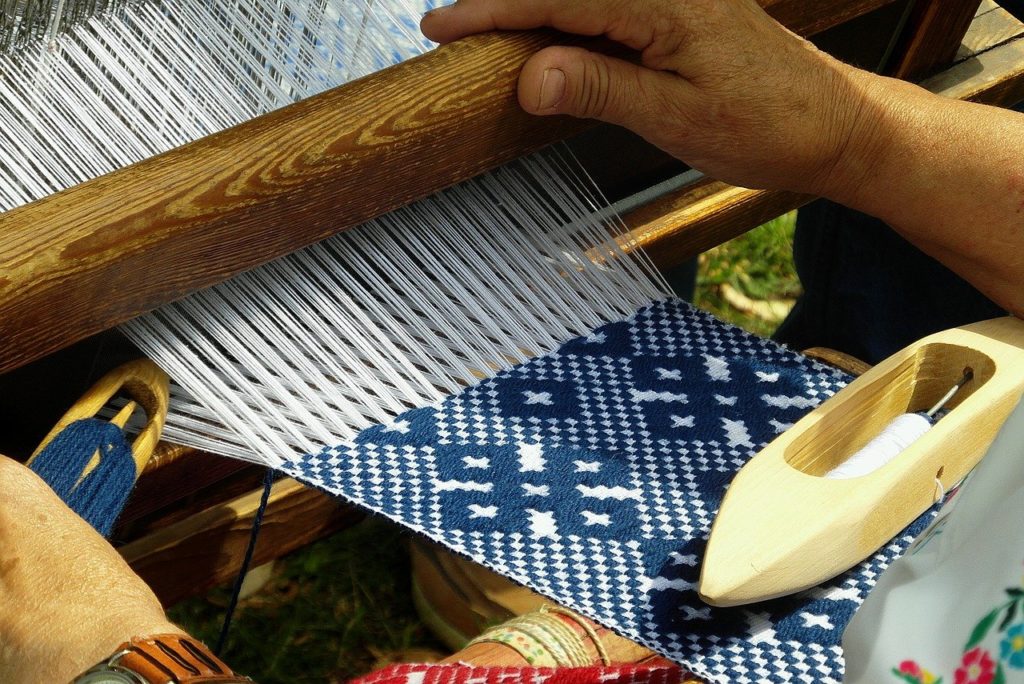Some thoughts on the role of a curriculum leader for religion and worldviews
Over the last week I have been at various events around the country talking about and listening to various conversations about curriculum. I have heard curriculum leaders for religion and worldviews compared to a juggler, and to contestants of Bake Off! However, I have another analogy which I have found helpful in my reading over the last month.
I have recently read a book called Modern Grant Making: A guide for funders who believe better is possible. This sets out some very helpful thinking for charities and foundations around the value of service. How are we serving others? They point out that sometimes grant funders design their grant making policies and processes and do not revisit them for many years. They tend to assume that everything still works for everyone. They use the analogy of an architect, saying that it is like designing a house and building it. However, after living in the house for a while, the client realises that the stairs are in the wrong place. Having probably spent quite a lot of time and money they ‘live with it’ for some time, perhaps years, before deciding to make any changes.
The authors go on to say that charities and foundations need to be take an attitude of service, where they constantly evaluate and re-evaluate what they do, developing continually new and improved iterations of policies and practices. They compare this to a chef. A chef provides service daily to their customers. They are continually providing the best service possible. They refine their menu, improve recipes, rethink ingredients and so on. It is an iterative process daily. I found this a very powerful analogy as someone who oversees a charitable foundation.
I wonder though if this analogy is also helpful for curriculum leaders of religion and worldviews. Are we more like architects where we design a curriculum, and then leave it for some time before we revisit it? Or are we more like chefs who understand that it is a continual process of designing and redesigning? Having been involved with the development of the Norfolk Agreed Syllabus (2019), there are things I would now change or amend. My own wrestling with the subject has grown, and I want to apply my new learning.
My sense is that we need to be more like chefs. We need to realise that a curriculum is not static. It is constantly moving and shifting. It needs to consider changing contexts, but also the transitional nature of religious and non-religious worldviews themselves. If we engage in and with scholarship, we must surely apply this to our settings through an iterative process. In addition, I wonder if we reframe out thinking about curriculum in terms of service. How are we serving the children and young people in our schools? Are we continually offering the best diet possible to enable them to become religiously literate? To become expert interpreters of religion and worldviews?
Reference:
